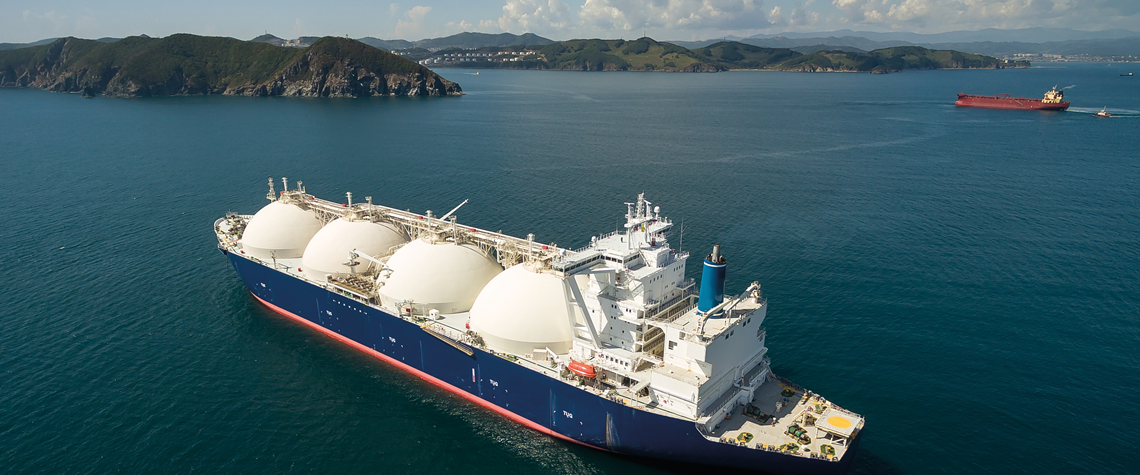Shipping’s surge and splurge
Spot rates should stay below 2018 peaks as more newbuilds come into service
The world is perennially awash in tankers, a welcome state of affairs for energy commodity shippers in need of cheap, readily available transport, and an unwelcome one for ship owners, who often struggle to break even. But LNG shipping is the exception to the rule-cargo demand has recently exceeded LNG tanker supply and shippers could face ongoing transport constraints and high costs in 2019. During an unprecedented shipping crunch in October-November 2018, freight rates for spot vessels hit $200,000/d-an all-time record that topped the levels seen after 2011's Fukushima disaster. "There came a point where there were zero ships available. Everything was spoken for," IHS Markit LNG analyst An

Also in this section
4 March 2026
The US president has repeatedly promised to lower gasoline prices, but this ambition conflicts with his parallel aim to increase drilling and could be upended by his war against Iran
4 March 2026
With the Strait of Hormuz effectively closed following US-Israel strikes and Iran’s retaliatory escalation, Fujairah has become the region’s critical pressure release valve—and is now under serious threat
3 March 2026
The killing of Iran’s Supreme Leader Ayatollah Khamenei in US–Israeli strikes marks the most serious escalation in the region in decades and a bigger potential threat to the oil market than the start of the Russia-Ukraine crisis
2 March 2026
A potential blockade of the Strait of Hormuz following the escalating US-Iran conflict risks disrupting Qatari LNG exports that underpin global gas markets, exposing Asia and other markets to sharp price spikes, cargo shortages and renewed reliance on dirtier fuels







